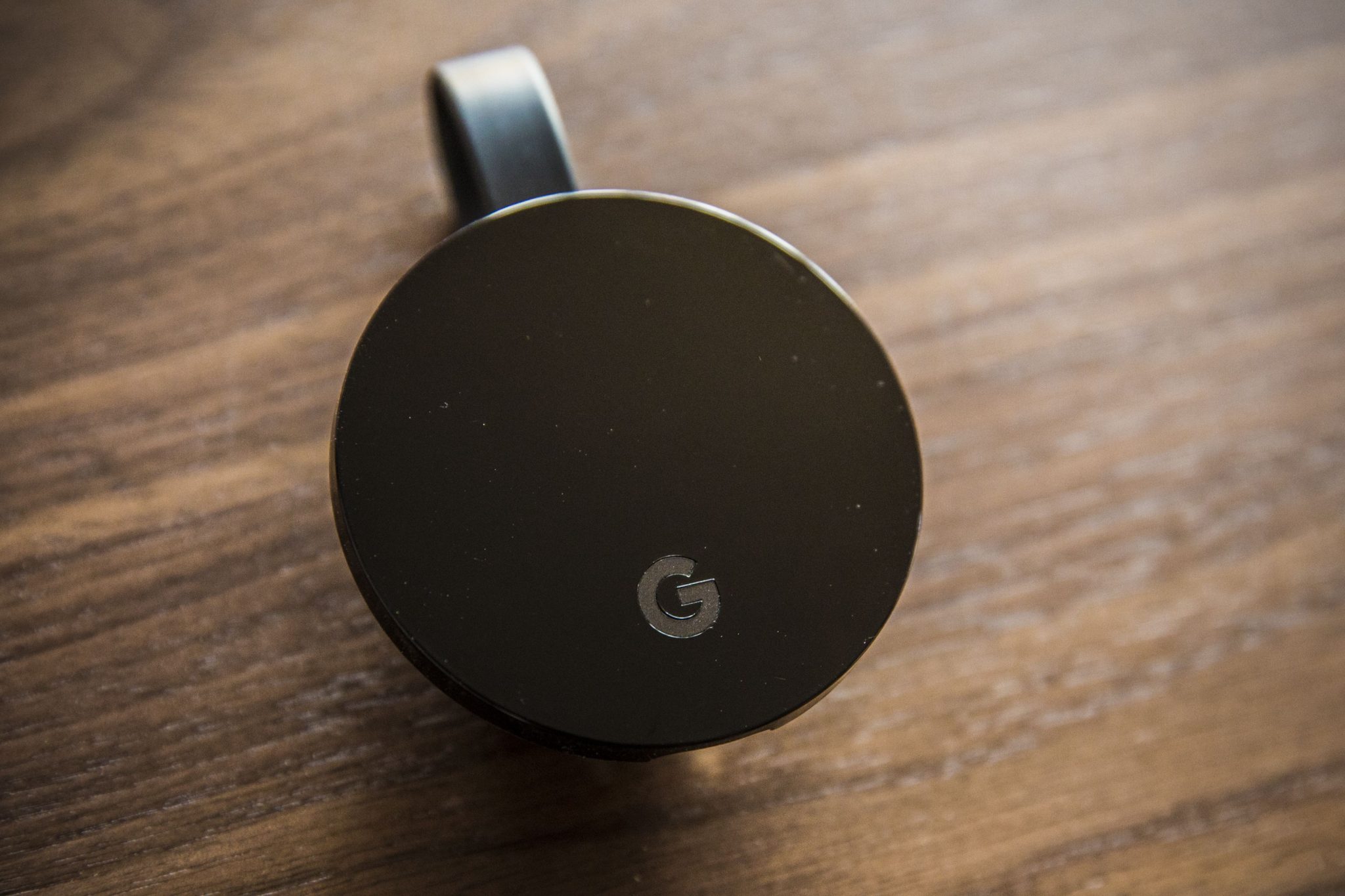
In a post last week, we talked about why you might be having difficulty with your wifi devices, and interestingly enough the issue is linked to Chromecast. Maybe you’re asking “now what”? You’re definitely not alone. Google has started rolling out a patch that will prevent Cast-enabled devices from killing your wifi connection. Multiple complaints have been reported over the past few weeks revealing that Android devices’ Cast feature suffers from a wifi bug. What’s interesting though, is that the issue is that they beam too much data at a very high speed, in a very short amount of time. While this might seem great, you end up getting a slow connection or one that is even disrupting wifi connections when you try to cast to Chromecast, Google Home or Android TVs.
Here is Google’s explanation of what went wrong:
This issue stems from these devices’ “Cast” feature, which sends MDNS multicast discovery packets in order to discover and keep a live connection with Google products such as Google Home. These packets [are] normally sent in a 20-second interval. However, we have discovered that the devices will sometimes broadcast a large amount of these packets at a very high speed in a short amount of time. This occurs when the device is awakened from its “sleep” state, and could exceed more than 100,000 packets. The longer your device is in “sleep”, the larger this packet burst will be. This issue may eventually cause some of router’s primary features to shut down – including wireless connectivity.
Originally, Google was pointing the finger towards the TP-Link, indicating that the problem was with their devices and not Google themselves. TP-Link was quick to release updated firmware in the event that it was their issue, but it turns out it’s not.

According to the Google Support page associated with this issue, the problem is actually the Android devices incorrectly sending the large amounts of data. Google released an update on January 18. If you have not received the update and are still experiencing problems, Google recommends rebooting your Android phone and making sure that your router firmware is up to date. You can also unplug your Home or Chromecast until the fix is in place.
If you haven’t seen an update, head over to the Play Store on your phone to see if you have any app updates. If it isn’t available for you and you don’t feel like waiting, you can head over to APKMirror to download the fix yourself. Of course, you will need to know a bit about your phone before you can download this update. If you’re not that tech-savvy, hold off until Google pushes the update out to your device. That’s the safest thing to do in my opinion.
I would like to talk for a moment about how Google tried to point the finger at TP-Link. I mean, it makes sense to point to TP-Link and ask if there’s an issue on their end, and if they could issue a firmware update. But to flat out say that it’s their issue seems a bit much to me. Not only that, but the issue is actually with Google themselves. Sure, it’s Android devices, but this has Google written all over it. I think Google is a great company, but as I would say for anyone – check yourself first before making assumptions elsewhere.



